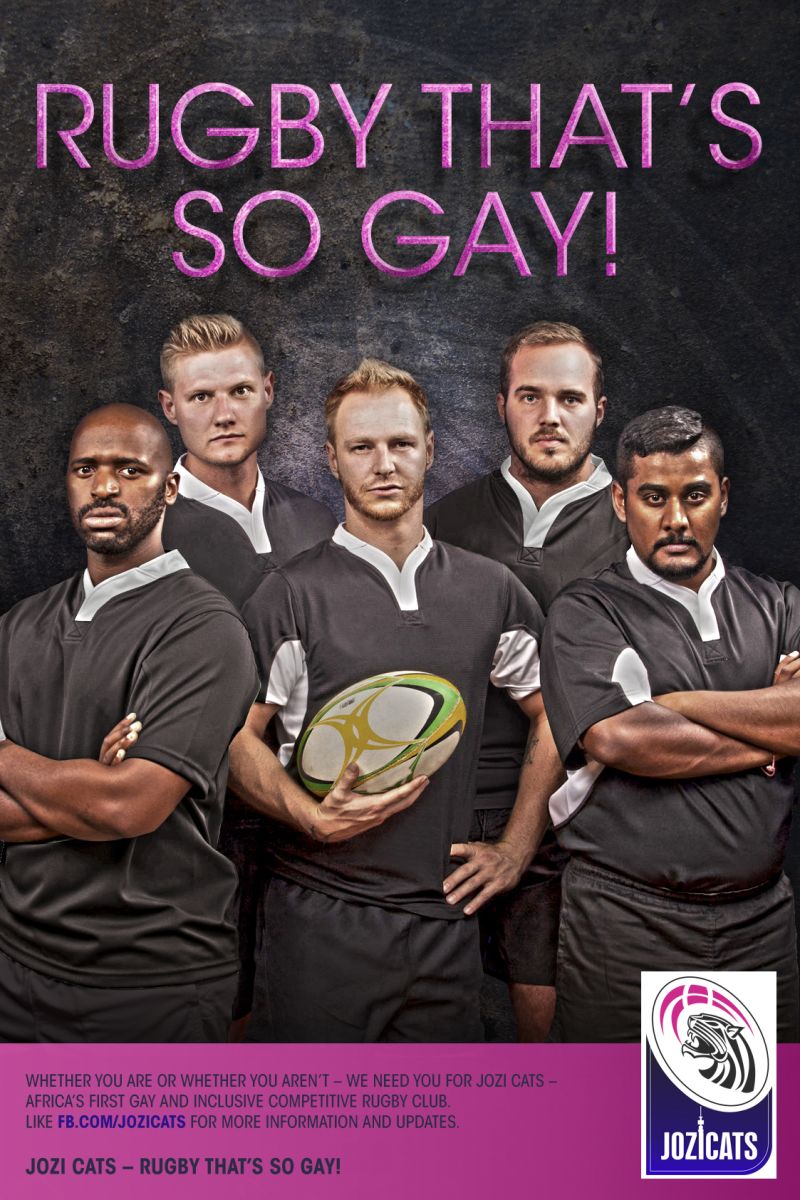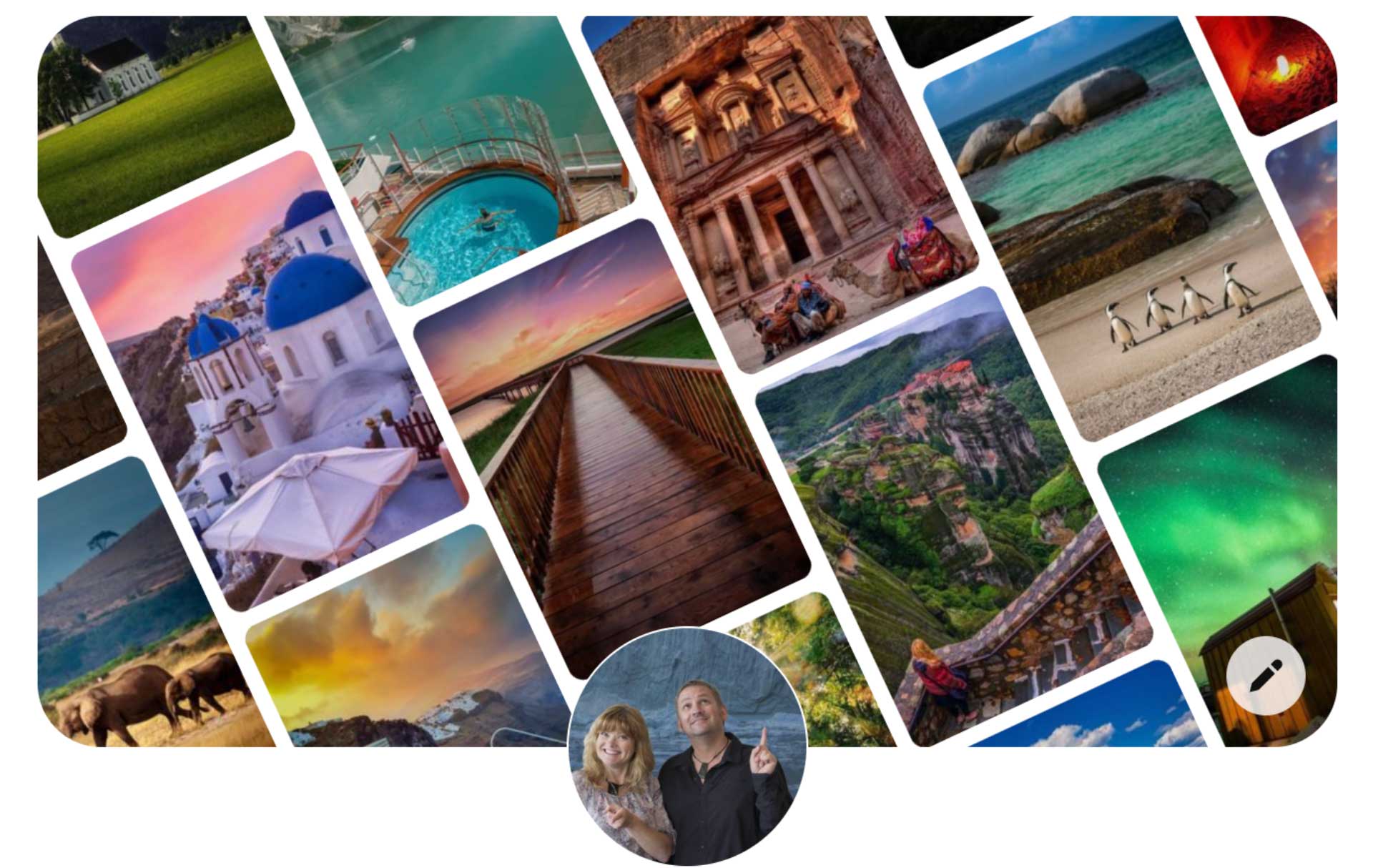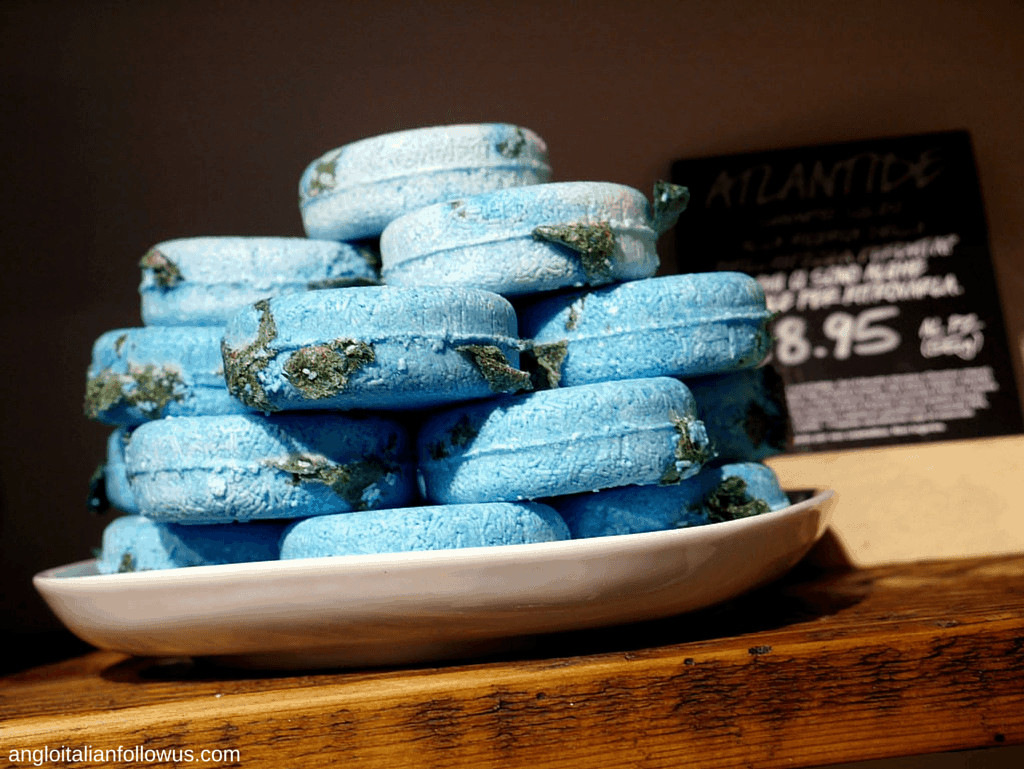Jozi Cats: Breaking Stereotypes in Rugby
South Africa’s Jozi Cats, recognized as the first gay rugby team in Africa, is utilizing a provocative advertising campaign to recruit new members. This initiative aims to raise awareness regarding the LGBTQ+ community while challenging the existing stereotypes associated with sports.

Challenging Stereotypes
“A stereotype isn’t who you are; your sexuality doesn’t determine your success in life,” states the club’s chairman, Teveshan Kuni. This perspective is essential as the Jozi Cats strive to create a more inclusive atmosphere within the rugby community.

International Perspectives
According to Larry Viljoen, aka “Fairy,” there was apprehension among international players when they heard about the formation of the Jozi Cats. “Lots of international guys from other gay clubs feared us because South Africa is one of the superpowers in the rugby world. Apparently, some of the guys are really afraid of us,” he explains. This fear underscores the impact that the Jozi Cats have had on perceptions of LGBTQ+ athletes.

Starting Important Conversations
Kuni also adds, “We were looking to recruit players, and I think it’s done more than that. It’s started a conversation about homophobia in sport, more specifically homophobia in rugby.” This statement highlights the importance of dialogue surrounding inclusivity and acceptance in sports.





